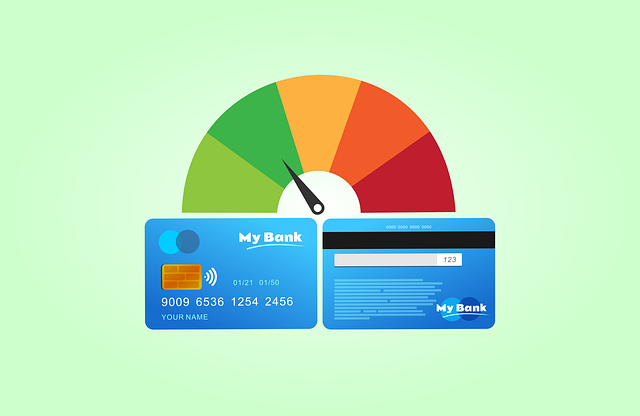Vehicle title loans provide quick cash with minimal documentation, using a vehicle's title as collateral, ideal for emergency funds. Personal loans, offered by banks and credit unions, offer fixed sums with regular payments and flexibility, suitable for established borrowers needing diverse financing. When choosing between them, consider collateral, lenders, interest rates, and eligibility to secure the best deal.
Looking for a quick cash solution? Vehicle title loans and personal loans offer immediate funding, but they differ significantly. This article breaks down these options to empower borrowers. First, we explore vehicle title loans: a secured lending option using your car as collateral. Next, we delve into traditional personal loans, understanding their mechanics and advantages. We conclude by comparing lenders, interest rates, and terms, helping you choose the best auto equity loan alternative for your needs.
- Understanding Vehicle Title Loans: A Quick Overview
- Personal Loans: Traditional Financing Explained
- Comparing Lenders and Interest Rates: Key Differences
Understanding Vehicle Title Loans: A Quick Overview

Vehicle title loans are a type of secured lending option where borrowers use their vehicle’s title as collateral for a loan. This unique financial product is designed to provide quick access to cash, especially for those with poor or no credit history. In most cases, lenders offer these loans with minimal documentation and no credit check, making them an attractive choice in times of emergency funds.
The process involves allowing the lender to place a lien on the vehicle’s title until the loan is repaid. This means borrowers must make regular payments, typically over a shorter period, to retain ownership of their asset. Vehicle title loans can be a game-changer for individuals seeking rapid financial support, offering a convenient solution for various needs without the stringent requirements often associated with traditional personal loans.
Personal Loans: Traditional Financing Explained

Personal Loans represent traditional financing options available to individuals, separate from any asset-backed loans like Vehicle title loans. These loans are typically offered by banks and credit unions, and they operate on a straightforward principle: a borrower receives a fixed sum of money, agrees to repay it with interest over a set period, and makes regular payments until the debt is settled. This method is popular for its simplicity and familiarity, especially among those with established credit histories, as it often involves no collateral and offers competitive interest rates.
While Personal Loans might not offer the same level of flexibility as some alternative financing methods, they remain a preferred choice for many due to their conventional nature. Borrowers can utilize these funds for various purposes, from purchasing a vehicle (including motorcycles through specialized loans) to consolidating debt or covering unexpected expenses. Moreover, reputable lenders often provide options for loan extensions, demonstrating the adaptability of this traditional financing approach, even when credit checks might be involved.
Comparing Lenders and Interest Rates: Key Differences

When considering a Vehicle title loan versus a personal loan, one of the most crucial aspects to evaluate is the lender and interest rates offered. These two types of loans have distinct characteristics that can greatly impact your financial situation. While personal loans are typically unsecured and accessible to almost anyone with a steady income, vehicle title loans provide a unique advantage: they allow you to keep Your Vehicle as collateral. This can be advantageous for borrowers who need quick cash but want to retain ownership of their asset.
However, it’s essential to research lenders thoroughly before borrowing. Interest rates on Vehicle title loans can vary widely depending on the lender and your vehicle’s value. Unlike personal loans that often come with stringent credit checks, vehicle title loans generally offer more flexible eligibility criteria, including no credit check. While this may be appealing, it’s critical to compare interest rates and terms from multiple lenders to ensure you’re getting the best deal. Remember, higher interest rates can significantly increase the overall cost of your loan.
When considering quick cash solutions, both vehicle title loans and personal loans offer distinct advantages. Vehicle title loans provide access to funds using your car’s equity, with potentially lower interest rates but strict collateral requirements. Personal loans, while often more flexible with repayment terms, typically carry higher interest rates and depend on individual creditworthiness. In the competitive financial landscape, understanding these differences is key to making an informed decision about which type of loan best suits your needs.






